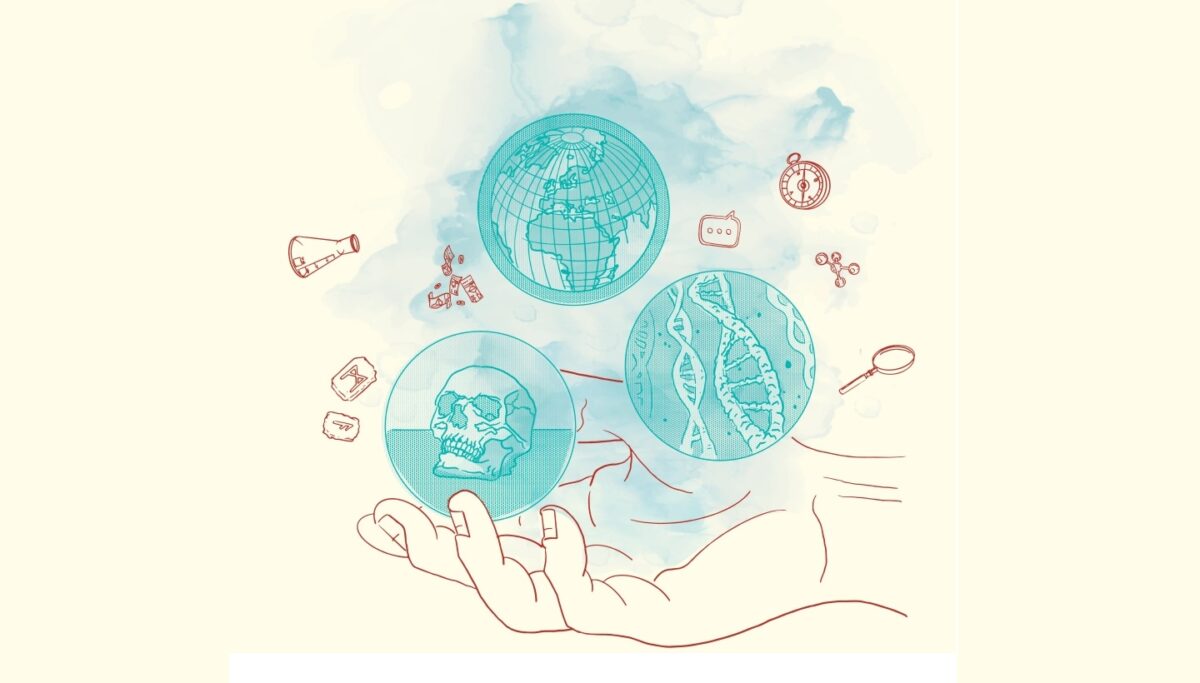Dr Simon E.B. Thierry (Adoc Mètis)
Adoc Mètis is a training company specialized in human resources management for the academic sector in France. Since 2013, the company provides trainings for doctoral supervisors in a dozen universities and national research institutions, as well as trainings for doctoral researchers, including trainings about research integrity (RI). In this paper, we give our feedback, as trainers of supervisors, regarding the need for training about research integrity, and present advice about how to promote research integrity towards doctoral researchers.
Continue reading “Promoting research integrity: feedback from supervisor training in France”


